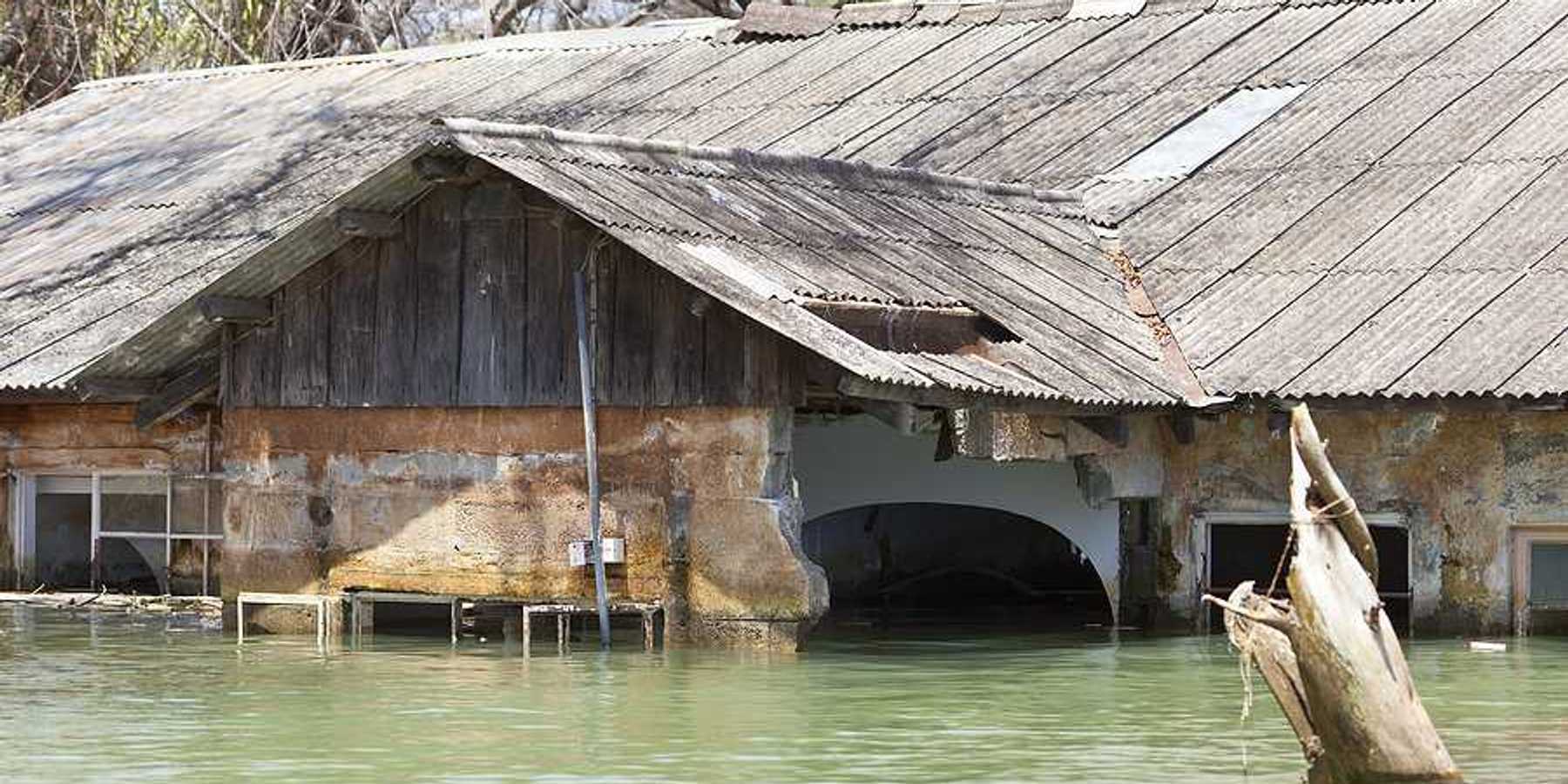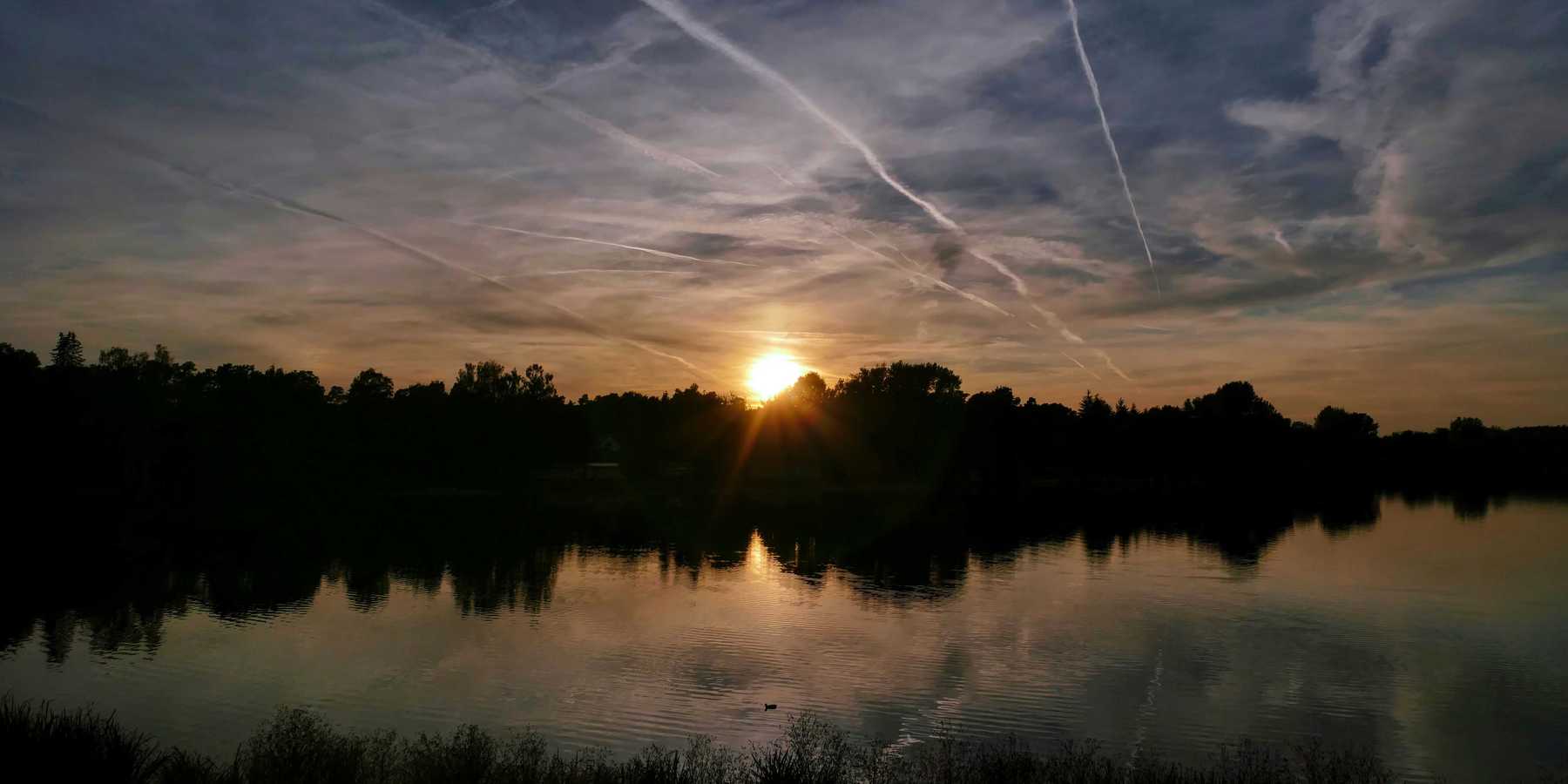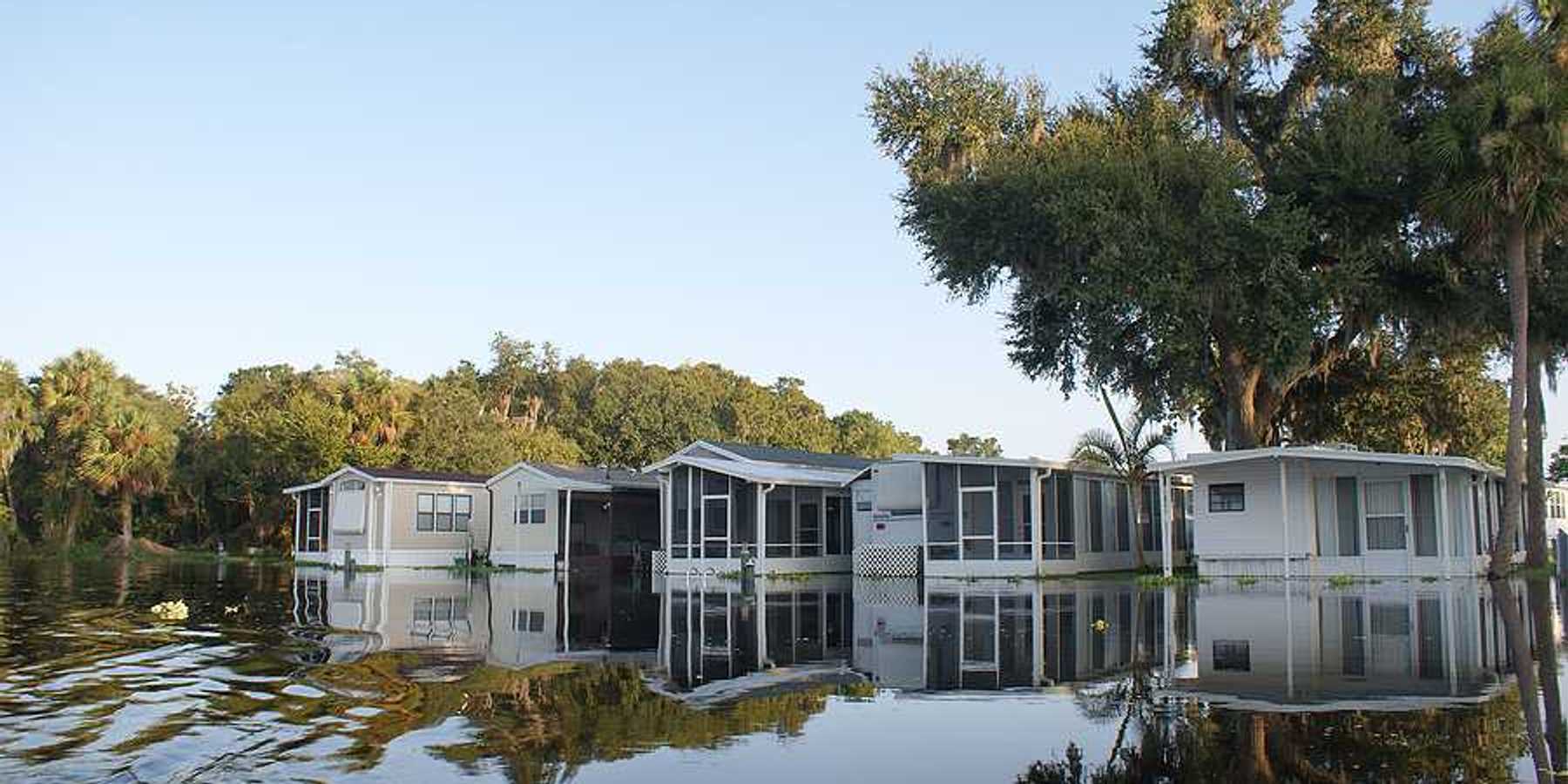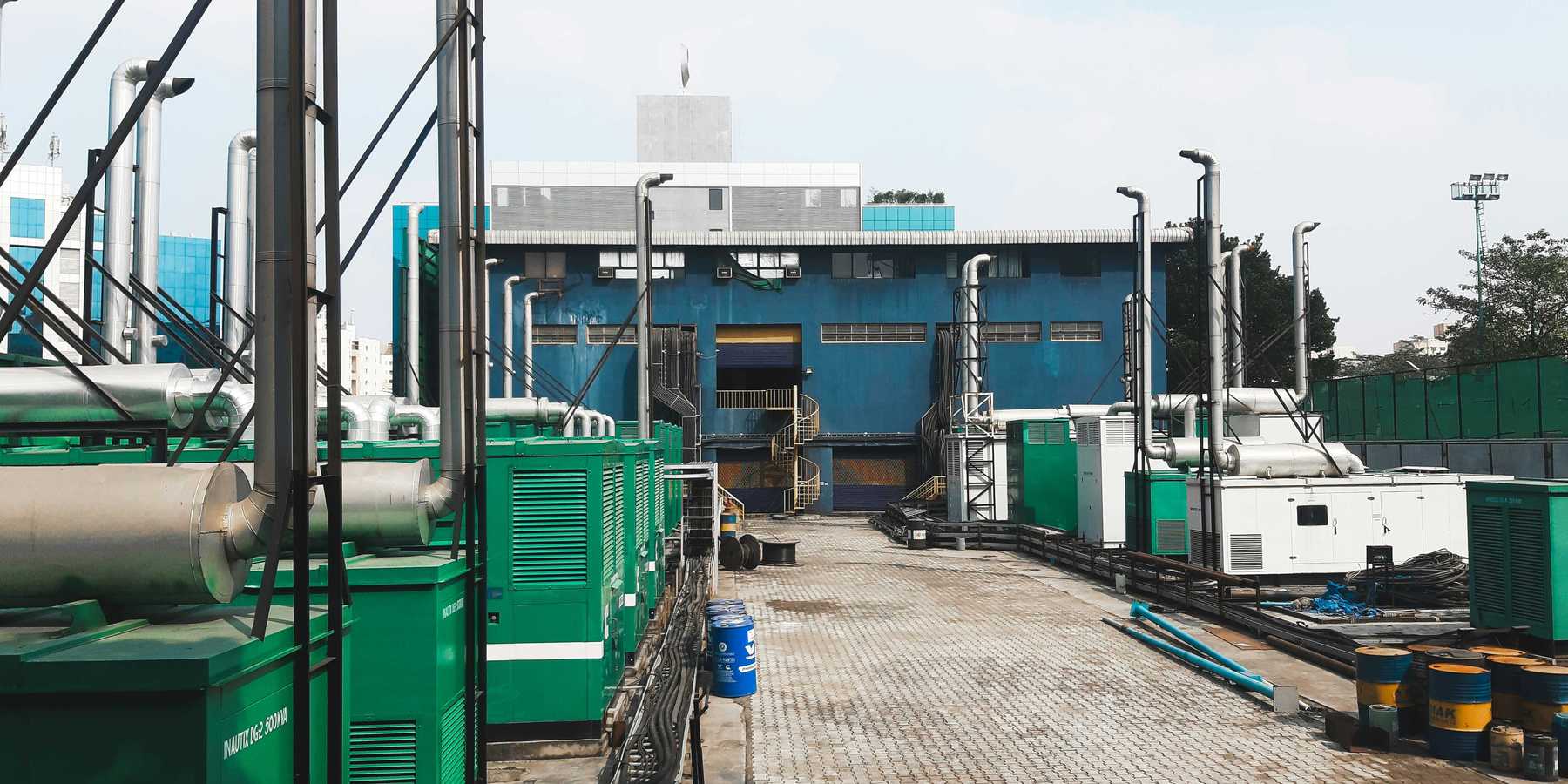EPA moves to further limit protections for wetlands
The U.S. Environmental Protection Agency plans to scale back protections for wetlands, aligning with a 2023 Supreme Court decision that limited federal authority over U.S. waterways.
Michael Phillis reports for The Associated Press.
In short:
- EPA Administrator Lee Zeldin said the agency will implement new, more predictable rules on which waterways the Clean Water Act covers, responding to concerns from farmers and industry groups.
- The Supreme Court’s Sackett v. EPA ruling found that federally protected wetlands must be directly adjacent to a permanent waterway, a shift that significantly narrows previous protections.
- Environmental groups warn that the rollback will lead to more pollution and habitat loss, particularly in drier regions already facing water scarcity.
Key quote:
"They are going to continue to find ways to change the Clean Water Act to weaken public safeguards."
— Julian Gonzalez, senior legislative counsel at Earthjustice
Why this matters:
Wetlands help filter pollutants, prevent flooding, and provide critical wildlife habitat. Reducing federal oversight could allow more development and pollution in sensitive areas, potentially affecting water quality and increasing flood risks. States with stronger protections may maintain stricter rules, but others could see significant environmental degradation. This change reflects a broader trend of limiting federal environmental regulations in favor of state and industry control.
Related: The Supreme Court takes aim at environmental regulations this term













